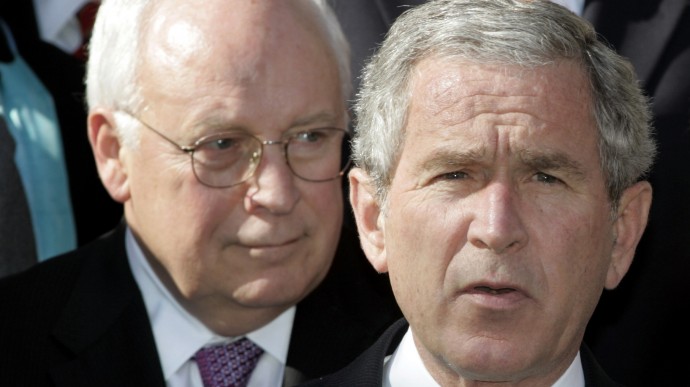
Corporate donations to political parties may be bad for democracy. Now it seems they are bad for shareholders too.
Fresh research from academics at the Universities of Minnesota and Kansas reveals that between 1991 and 2004, every $10,000 donated by a business led to a commensurate fall in overall returns to investors.
The study also found companies that donated to political parties spent less on research and development than their non-partisan rivals.
So do corporate donors take the easy path to wealth accumulation? The study does seem to suggest that through donations, companies attempt to buy policy and possibly create, wrongly it transpires, favourable commercial decisions rather than sticking to the hard graft of simply investing in the long-term growth prospects of their businesses.
Significantly, the sector that lavished the most on US politicians and parties between 1991 and 2004 was financial trading firms.
These firms donated $226.4m in 13 years – more than double that of the telecommunications in second place with a $110.3m contribution.
The US academics research is not the first high-level paper to show big business engagement with the political process provides a negative business performance indicator.
In 2010, a study by the International Monetary Fund showed US banks that spent the most on lobbying were more likely to engage in high-risk lending and their shares performed less well than others.
These were the very financial institutions that brought the world economy to its knees thanks to the sub-prime lending crisis and the frighteningly opaque derivatives invented to fuel reckless bank lending.
Finance friendly policies
In the UK, the biggest political donors come from two camps: unions and the finance community.
It appears clear though that hedge funds, private equity, brokers and blue-blooded private banks who combined account for half the Conservative party donor base according to Bureau research, currently have the access to exert undue influence on British politics.
At least the government repeatedly seems to favour its biggest financial backer – the City of London. Last month, the Financial Times revealed George Osborne is taking legal action to stop the EU from allowing a pan-European financial supervisory regulator having the power to ban short selling of financial products – a market vital to the City.
The Treasury suggested the legal action should be interpreted as ensuring Europe cannot interfere with the UK’s right to determine how the City operates. It was not, the Treasury stressed, about opposition to short selling bans per se.
And yet, the chancellor’s decision to sue the EU is the latest in a long line of finance friendly policies which characterise the Coalition’s approach to re-regulating financial services in the wake of the worst economic crash for 80 years.
Whether it is opposition to a financial transaction tax, the recent introduction of ultra low tax rates on profits made from multinationals overseas subsidiaries, objecting to EU attempts to bring transparency to global commodity markets or the lowering of the 50% tax rate, the Conservative’s paymasters appear to have had a very good return on their investment in the political process.
It is just a shame that political donations by companies do not appear to benefit the long-term profitability of a companies, their shareholders – or the rest of us.
This story was originally published by The Bureau of Investigative Journalism.


